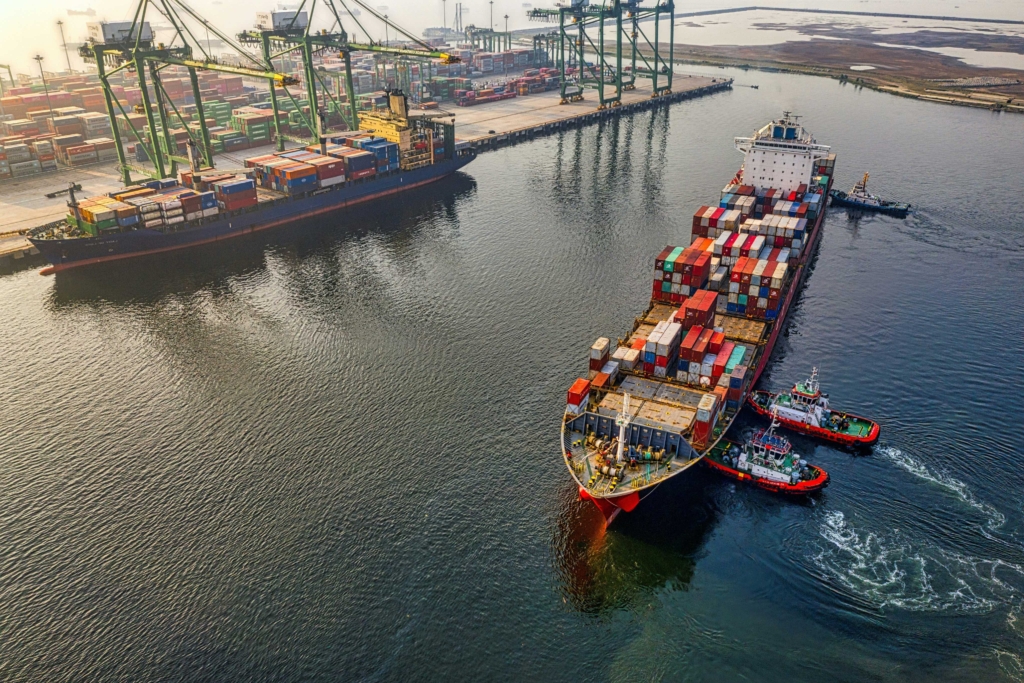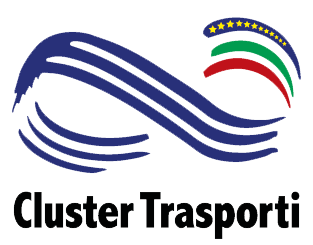First meeting of the Sea Working Group: the strategic alignment and sectoral priorities

Published 24 July 2025
The first meeting of the Working Group (WG) of the Cluster Trasporti dedicated to maritime transport, also known as Sea WG, concluded a few days ago.
The event on July 21st had the primary objective of collecting proposals and observations to outline the future directions and priority activities of the sector, offering participants an opportunity to discuss issues and urgencies in the field, in order to prepare a first activity plan to be launched as early as September.
Working Group on maritime transport: the program
Opening the proceedings was the president of the Cluster Trasporti, Ennio Cascetta, who reiterated the Cluster’s role in guiding innovation in transport, emphasizing the relevance of thematic Working Groups, such as the one dedicated to the sea, to define the state of the art and prospects for the sector, especially in light of the disruptive transformations underway.
Information that, as Cascetta also reminded, the Cluster Trasporti collects in position papers (here are links to the last two presented, relating to the automotive world and passenger transport) to propose solutions or recommendations based on concrete evidence.
The interventions of Cluster Manager Piersandro Trevisan followed, who presented the work program and illustrated the objectives of WG Sea and the role of the cluster, and Alessandro Iafrati (CNR Institute of Marine Engineering and CISG committee of the Cluster) who presented the first proposals for activities.
Paola Gualeni (University of Genoa and Scientific Council of the Cluster) delved into the main priorities of the sector, emphasizing the key areas of sustainability, digitalization, and intermodality and highlighting among the sector’s priorities the lightening of materials, also with a view to decarbonization, the potential of alternative fuels, and the Life Cycle Assessment (LCA) approach to evaluate the environmental impact of a product/service considering its entire life cycle.
In terms of digitalization, the role of ICT (Information and Communication Technologies) stands out, with applications for both DSS (Decision Support System) – to facilitate strategic choices for stakeholders and operators – and for digital twin modeling – to monitor, simulate, and optimize the performance of its real equivalent – as well as for autonomous guidance (Unmanned Guidance); all fundamental tools to promote the development and efficiency of maritime transport.
At the basis of all this, it is essential to adopt a strategic and international vision, also considering the variety of means involved (large ships, military units, pleasure boats) and their respective needs and regulations.
All this without neglecting the importance of building a solid network of collaborations, such as with the National Center for Sustainable Mobility (MOST), as recalled by Alessandro Iafrati, looking at European projects for research and development also as valuable opportunities to create new partnerships.
List of priority topics
Sustainability and Biofuels:
- Alternative fuels and decarbonization for ships (by type) and ports (fuels and batteries);
- Sustainability in shipbuilding;
- ETS and European regulations;
- Efficiency and savings in management costs, predictive maintenance, etc.
Port Logistics:
- Infrastructures and services;
- Intermodality and integration.
Innovative Materials in the Naval Field
Digitalization and AI Applications:
- Design and services;
- Monitoring and forecasts;
- Sensorization and automation of navigation and on-board systems; digital twin.
Priorities emerging from the roundtable
The central phase of the meeting, the roundtable, was dedicated to discussion and the sharing of themes, activities, projects, and expectations by companies and associations.
The debate explored several key areas for the sector’s development. In particular, the role of ports and logistics was highlighted, emphasizing their progress linked to digitalization and the consequent need to invest in staff training, including pilots, to align skills.
The importance of autonomous guidance and the close integration between maritime transport and ports was highlighted; furthermore, the use of hybrid systems (dual-fuel) and the use of batteries on both ships and in ports were discussed.
In terms of sustainability, it emerged that the priority issues for yachting, particularly for the development of superyachts, are the same as those concerning large ships, starting from decarbonization and the use of low-carbon fuels.
The importance of carrying out a mapping of the different technologies that will be adopted in the next three years was then underlined, taking into particular account ship refitting.
Particular focus was also placed on energy transition; specifically, on the need for investments for the development of alternative fuels, such as LNG, green hydrogen, biofuels, and synthetic fuels (e-fuel), and their availability in ports (bunkering).


